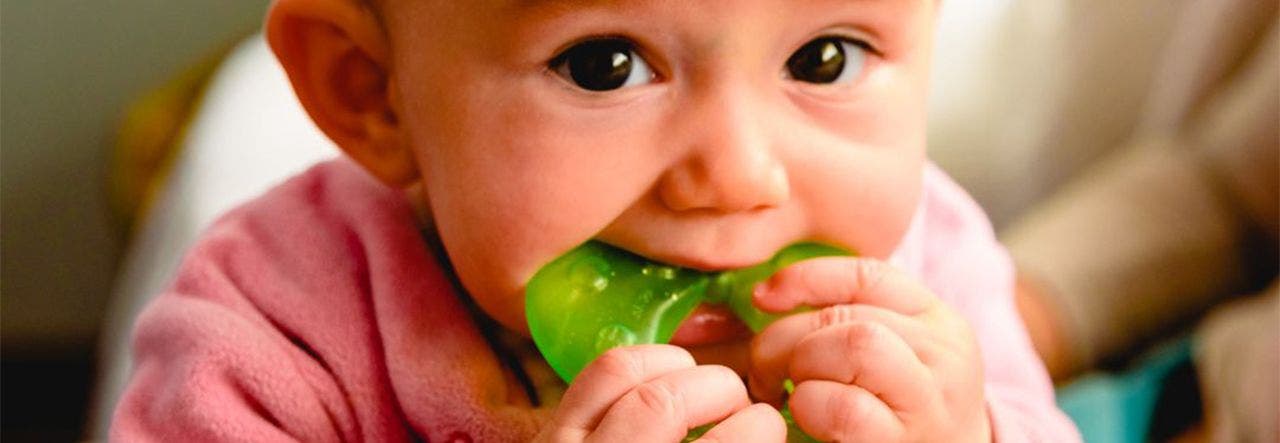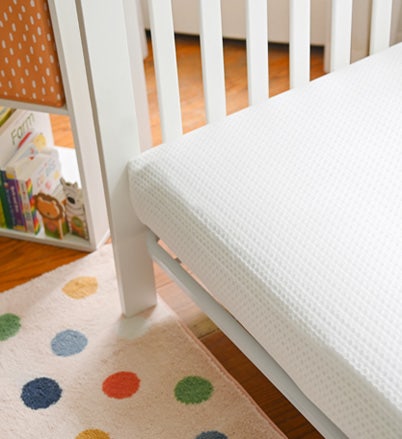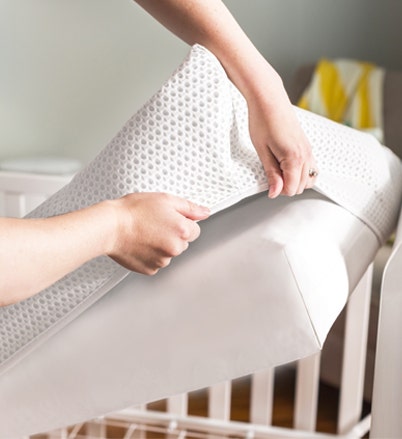Teething and Sleep: Tips from a Gentle Sleep Coach!
Getting a good night's sleep is essential for both babies and parents. But when teething comes into play, those peaceful nights can quickly become a thing of the past. Don't worry, though! There are ways to make teething and sleep a little easier for your baby.
In this blog post, we'll explore some factual, data-backed tips and techniques to help your little one sleep soundly during this challenging time. So, grab a cup of tea and get ready to embark on a journey towards peaceful nights – for both you and your baby.
Why Is Teething Pain Worse at Night?
Doesn't teething always seem to become more challenging at night time? I've heard from some sleep consultants that this is false. Teething pain and discomfort don't just materialize at night time! However, there may be a factor that these consultants are overlooking.
Recently I cut my finger whilst doing some work in the garden. I cleaned it up, popped a band-aid on and didn't think anything else of it. That is, I didn’t think of it until bedtime, as I was settling in to sleep. I suddenly began to feel the cut on my finger, and within a minute or two, it was throbbing! This cut had not bothered me all day, but once I noticed it, I couldn't think of or feel anything else. I imagine teething pain to be similar.
Nighttime is when things are calm and quiet in the house. During the day, your child is likely to be more busy and distracted, so they may not feel any discomfort (even when they should!). But when the nursery is dark and quiet, and there are no distractions, your little one is aware of themself – and more aware of any bodily discomfort. Much like me and my cut finger, your baby is more likely to notice their teething pain when the day’s distractions aren’t around to mask it.
Signs of Teething in Babies
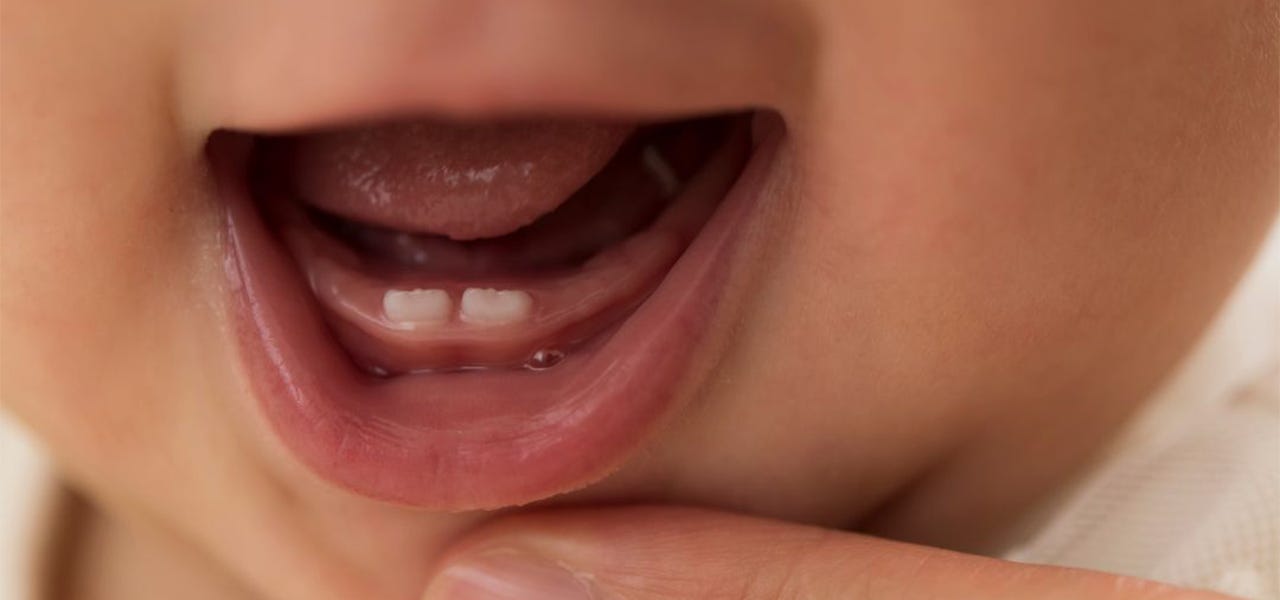

Have you ever tried looking into a baby's mouth? It can be impossible – especially with a baby who doesn't want you looking in there! Nevertheless, if you suspect your little one might be teething, try to pop a clean finger into their mouth and gently rub it against the gum. Do you feel a bump or a sharp tooth?
If checking with your finger is a no-go, here are some other signs of teething to look out for:
- Excessive drooling
- Swollen gums
- Trying to chew anything and everything
- Face rubbing
- Ear pulling
- Loss of appetite
- Rosy cheeks
If you're sure your child is teething (or you’re not so sure, but you’ve ruled out anything else), the best thing for you to do is to try to make them as comfortable as possible.
4 Sleep Tips for When Baby Is Teething
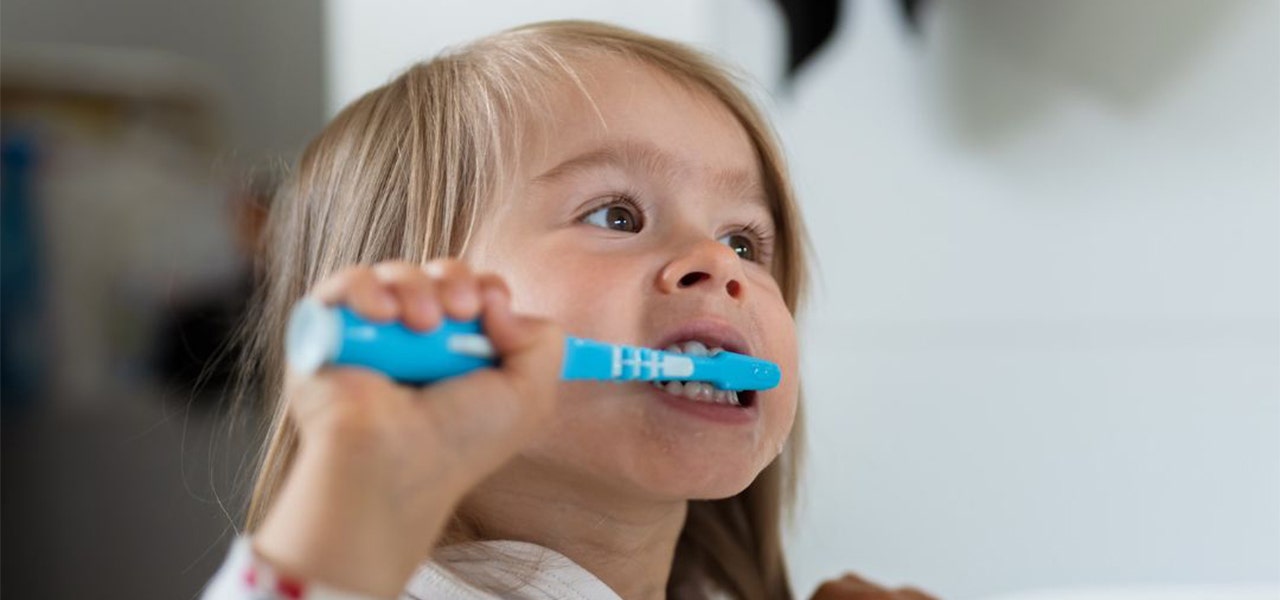

How can we make sleep as easy as possible when a tooth cuts through the gum and your baby has minimal distractions? A little bit of forward planning can make a world of difference here. Here are my tips on teething and sleep.
1. A Pacifier May Comfort Your Child
Sucking probably feels very comforting to your child under the best of circumstances – and especially when they’re in some oral distress! A pacifier may help with teething pain relief. Baby also may chew on the pacifier for comfort, which is certainly better for them than chewing on the sleeve of their PJs or their finger (that could hurt!).
Even if all that a pacifier brings is a distraction for them from their sore gums, if it works, it works!
2. Don’t Underestimate a Cool, Damp Washcloth
While we’re on the subject of chewing, don’t underestimate simple solutions like letting your baby chew on a damp washcloth.
Pop a clean, damp rag or cloth in the fridge to cool it down, and offer it to your child to chew or suck on. The coolness can help numb the gums a little, alleviating some of your little one’s discomfort while also helping to soothe them. Of course, Baby should not be left alone with a cloth of any kind in their crib. Learn more about crib safety here.
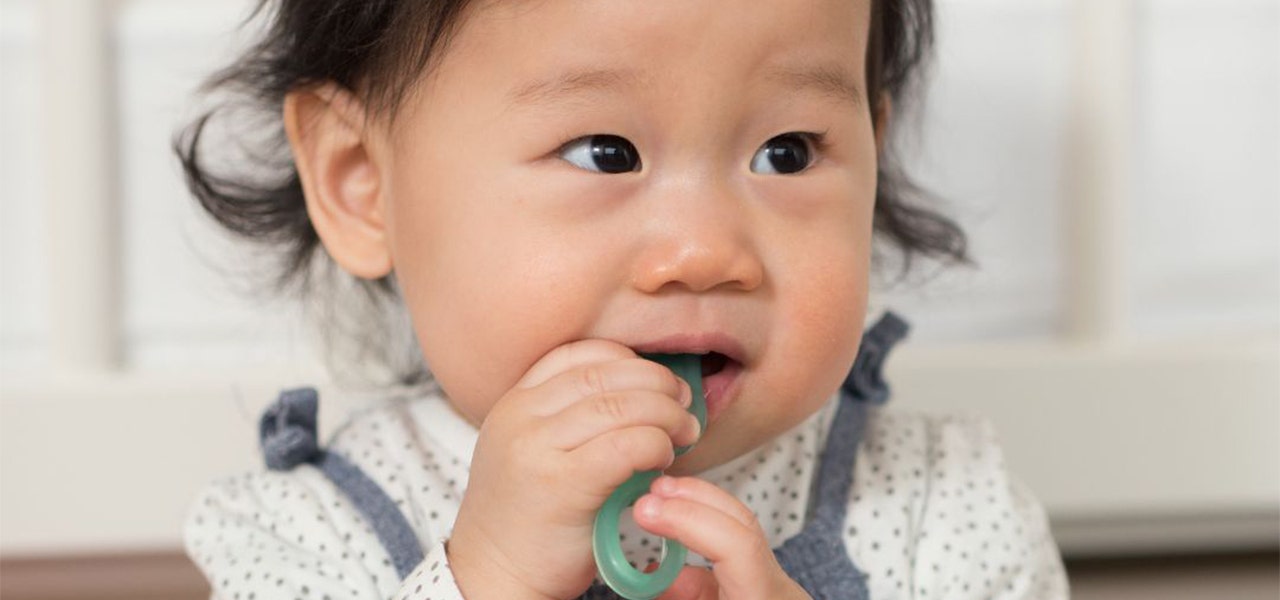

3. Talk to Your Pediatrician
If you were experiencing a toothache, you would take medication for it, correct? Many parents prefer not to administer medication to their infants if possible, which is understandable. But still, you may want to have a conversation with your child’s doctor regarding teething pain relief medication if your baby seems to be in teething-related distress and nothing seems to help.
It is crucial to always consult your pediatrician and inform all caregivers about any planned course of action regarding medication. If you do give any pain relieving medication through the night, make a note on a piece of paper or on your phone of the time you gave the medication. When you're up a lot during the night and feeling exhausted, one wake-up runs into another, and you may not remember when you gave any medication. To be safe, jot down the time so you're not accidentally giving too much.
4. Give Them the Extra Support that They Need
Imagine being so little and not understanding why your mouth hurts so much. It’s heart-wrenching!
When we're in pain or feeling uncomfortable, a hug can go a long way. Don't be afraid to give your child all the hugs and help they need during the night. I know this isn't always ideal and can be exhausting (and parental mental health matters, too!), but sometimes slowing down and giving support is all that you can do.
Remember: This Won’t Last Forever!
It won't always be this way. Once those teeth are through, they don't need to come through again (well, not until they're much older). You (and your baby) will get through this challenge just fine.
I have lots of other baby sleep tips from troubleshooting short naps to learning your baby’s sleep personality to navigating sleep regressions – check out the Lullaby Earth Blog for more!

 Baby
Baby
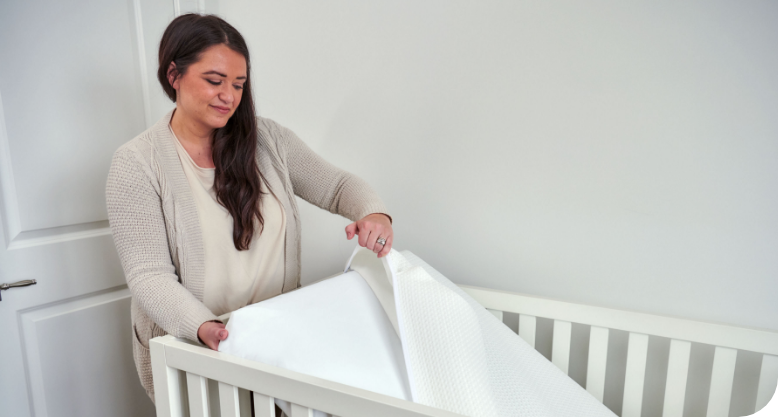
 Kids
Kids
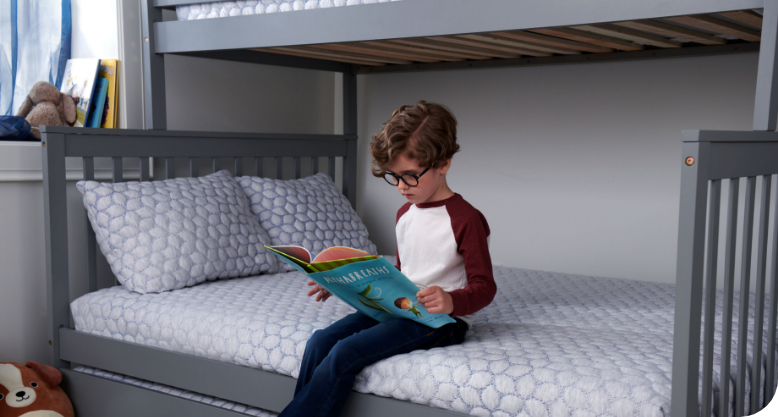
 Learn
Learn
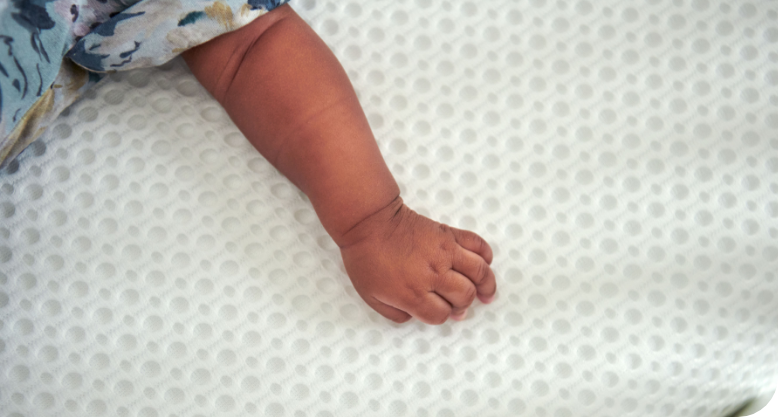
 FIND A STORE
FIND A STORE CONTACT
CONTACT